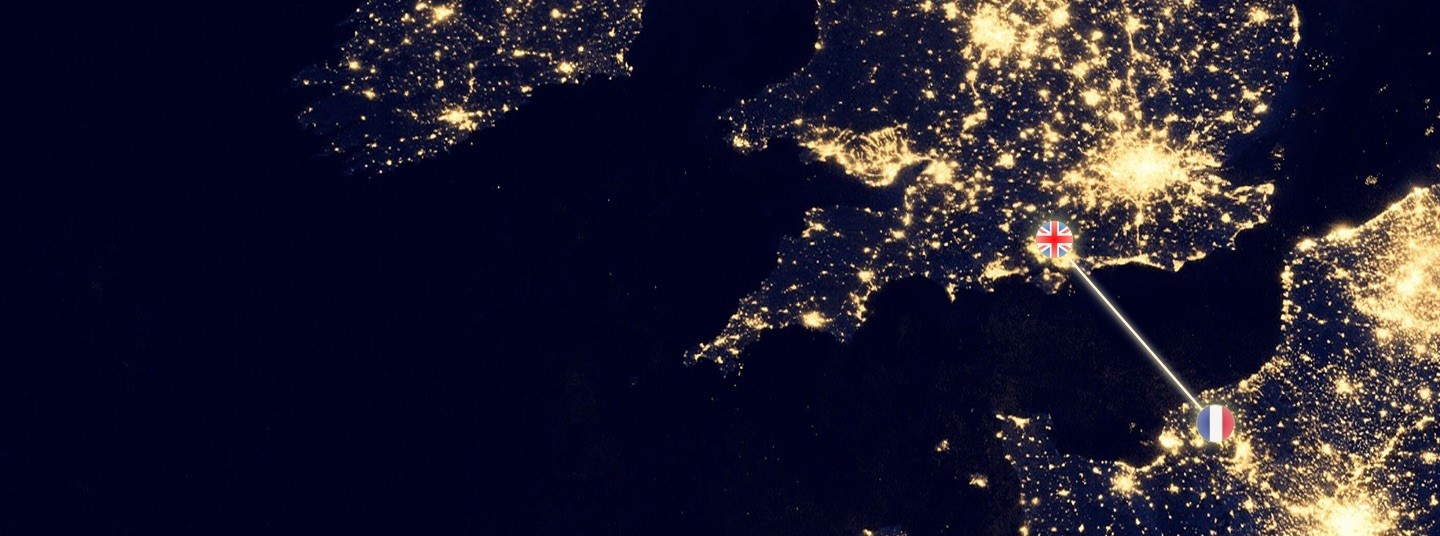
About AQUIND Interconnector
About Us
The project is being developed and promoted by AQUIND Limited, a UK-registered* company with the sole business of developing AQUIND Interconnector.
AQUIND is not associated with any UK or European utilities or national electricity transmission system operators.
AQUIND Interconnector is being developed as a private project without government subsidies.
For further information about AQUIND, please visit www.aquind.co.uk.
*AQUIND Limited, a company registered in accordance with the laws of England and Wales with company number 06681477 and the registered address at 5 Stratford Place, London, England, W1C 1AX.

